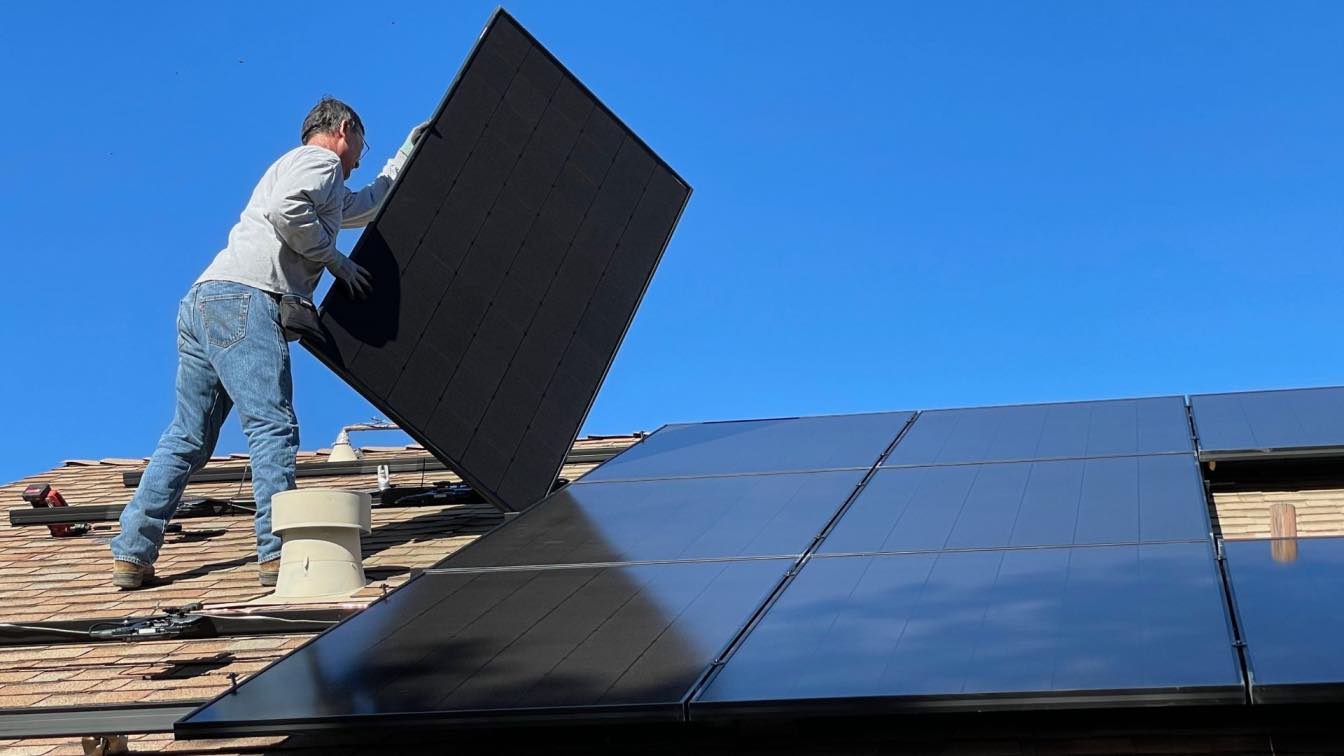That gurgling sound from a backing-up sink is more than just annoying—it’s a sign your plumbing system is trying to warn you. For many business owners, plumbing issues only become a concern when they’ve escalated into a full-blown emergency. By then, the damage is done, and the costs are significantly higher than if the problem had been addressed early on.
In commercial spaces where daily operations depend on smooth infrastructure, neglecting routine drain cleaning can lead to unexpected disruptions. A slow drain might not seem urgent, but over time, it can snowball into major repairs, revenue loss, and even health or safety violations. Whether you run a café, a clinic, or an office, staying ahead of plumbing issues is key to maintaining business continuity. This article breaks down the hidden costs of clogged drains, early warning signs, and how a proactive approach to maintenance can protect your bottom line..
Understanding the Early Warning Signs of Drain Issues
Before a flood occurs, there are subtle indicators. Recognizing these early warning signs can save you significant money and stress.
Slow Drainage: Water lingers in the sink, slowly draining.
Gurgling Sounds: These noises are a plumbing system's cry for help.
Foul Odors: Unpleasant smells indicate rotting material within the drain.
Water Backup: Water rising back up the drain is a major warning sign.
Industry-specific factors also play a role. Restaurants often deal with grease buildup. Medical offices, especially dental practices, must manage various materials entering the drains. High-use bathrooms in commercial facilities are also prime clogging locations.
It’s tempting to postpone addressing these minor issues, hoping they resolve themselves. However, this rarely happens, and the real costs begin to accumulate.
Direct Financial Costs of Ignoring Drain Problems
Let's examine the tangible financial costs associated with neglecting drain problems.
Emergency Plumbing Services: These services, often required at inconvenient times, are significantly more expensive than routine maintenance.
Structural Damage: Flooding can damage flooring, drywall, and equipment. Mold remediation, a potential consequence, is a costly and hazardous undertaking.
Downtime and Revenue Impact: Business interruptions lead to lost revenue. Every minute counts.
Insurance coverage may not extend to damage resulting from neglect. A burst pipe caused by a clog-induced pressure increase might not be covered.
Cost Estimation:
1. Emergency plumbing services: $300-$800 per call.
2. Structural repairs: Thousands of dollars.
3. Lost revenue: Varies by business, but accumulates rapidly.
Ignoring a seemingly minor $100 problem can quickly escalate into a $10,000 disaster. It's a risk no business can afford to take.
Indirect Costs: Damage to Reputation and Employee Productivity
Beyond the easily quantifiable costs, there are indirect costs that can quietly erode your business.
Customer Perception: A musty, sewage-like odor or visible leaks can deter customers. Negative online reviews can spread rapidly, damaging your brand, which can take years to build.
Employee Morale and Safety: Working in an unsanitary environment lowers morale and raises safety concerns. Temporary working conditions during repairs can also disrupt productivity. A happy, healthy staff is a productive staff.
One restaurant in town experienced a major plumbing issue that forced them to close for a week. The business never fully recovered. The power of word-of-mouth, both positive and negative, is immense.
Regulatory and Legal Consequences
Ignoring drain problems can lead to violations of health and safety standards, resulting in regulatory and legal consequences.
OSHA Violations: Water damage and mold can trigger OSHA inspections.
Building Code Violations: Plumbing issues can violate building codes.
Industry-Specific Regulations: Industries like food service, healthcare, and manufacturing face strict scrutiny. Health inspections are rigorous for food service businesses, while healthcare facilities must adhere to stringent sanitation standards. Equipment corrosion due to water damage in manufacturing can lead to fines and closures.
Staying compliant is crucial for long-term success.
Environmental and Long-Term Structural Damage
Drain neglect can have serious environmental and infrastructural repercussions.
Contaminated Water Runoff: Can affect local ecosystems.
Long-Term Degradation of Pipes: Can result in major renovations.
Increased Carbon Footprint: Results from frequent emergency interventions versus preventive maintenance. Sustainability is key.
Neglected pipes corrode and weaken, leading to system failure. Replacing the entire system can be astronomically expensive, potentially involving digging up streets.
Proactive Drain Maintenance as a Business Strategy
All these problems are avoidable through proactive drain maintenance, a smart business strategy.
Regular Drain Inspections and Cleaning: Save money, provide peace of mind, and ensure business continuity.
Scheduling Strategy: Periodic audits and maintenance contracts with reputable service providers. It's about planning ahead.
Staff Education: Train staff to recognize problems early and prevent items like food from entering drains. Knowledge is power.
Equipment Upgrades: Install grease traps and backflow preventers. Stay ahead of the curve.
Treat drain maintenance as an investment, not an expense. Think of it as preventative medicine for your business.
Quick Tips and Warning Signs
Slow draining sinks: A clog may be starting.
Unusual sounds from pipes: Gurgling or banging.
Foul odors: Waste is building up in the pipes.
Regularly flush drains with hot water.
Avoid pouring grease down the drain.
Install drain screens to catch debris.
Remember, ignoring a $100 problem can turn into a $10,000 disaster quickly. Be proactive, protect your business, and schedule that drain inspection today. Your business, and your wallet, will thank you.
Conclusion: Don’t Drain Your Profits — Act Early
Ignoring clogged drains in your business carries hidden costs, impacting your bottom line, reputation, employee health, the environment, and even your sanity.
We’ve discussed the direct financial consequences, reputational damage, regulatory issues, environmental impact, and long-term structural damage – all of which can be avoided.
Don’t let a simple clog drain your profits. Schedule a routine drain inspection today to safeguard your business. You'll sleep better knowing you've taken proactive measures.
A recent case study highlights the importance of proactive drain maintenance. "The Bean Scene," a local coffee shop, invested in a quarterly drain cleaning service. After several months, the owner, Mary, noticed a significant reduction in plumbing issues and water bills. Her insurance provider later informed her that her premiums would be lowered as well. In this case, an ounce of prevention was worth a pound of cure.
Another example highlights the importance of staff training. After noticing a recurring clog issue, the manager of "Pizza Palace" consulted a plumber. He advised them to train staff on the proper disposal of kitchen waste and install drain covers. The restaurant implemented this advice and experienced a drastic decrease in the frequency of clogs.





